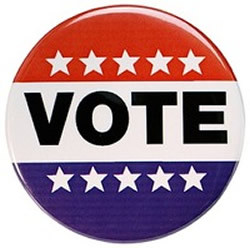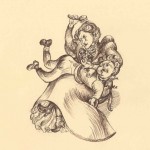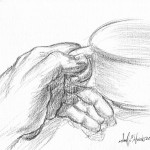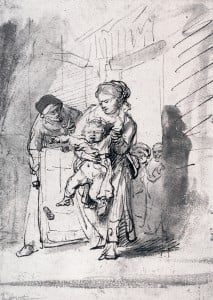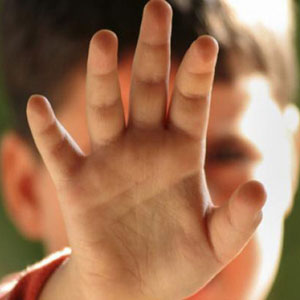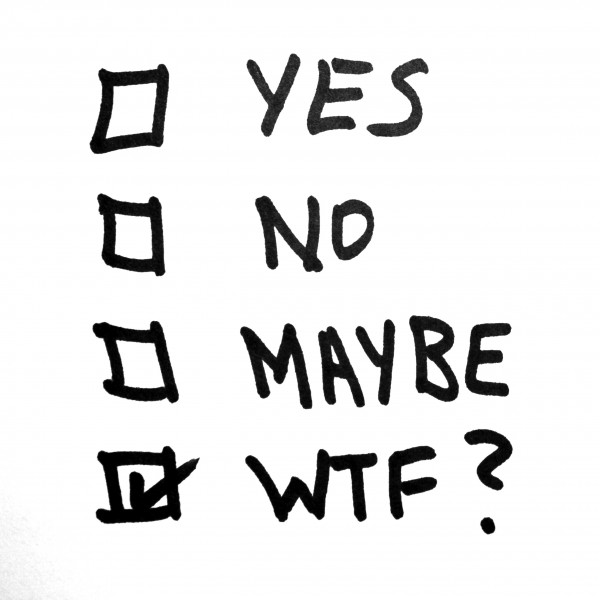Four years ago, I reached my second presidential election and voted for John McCain. I thought I knew why I picked who I did, and I had many reasons I thought that it was important to vote Republican. If there was one issue that I felt was most important, it would have been the social side to politics, first and foremost abortion rights, and by that I mean I was against abortion. I considered myself strongly pro-life, and I even bragged about being a one issue voter. I have since come to question many of the “pro-life” assumptions I made at the time, Libby Ann gives a great breakdown of some of the questions surrounding this issue here.
Regardless of why I voted for John McCain, I started wondering about my vote by the very next day. We went to a supermarket for something, I don’t even remember what. And the elderly African-American greeter at the entrance of the store had tears rolling down his cheeks. He smiled ear to ear as he said something about today being such a great day, because for the first time in his life, he could truly tell his grandkids that anything was possible. A man of color was president of the United States. This man’s life had been changed. He was old enough to remember when people of his race weren’t allowed to use the same bathrooms as white people, and now he had lived long enough to see a black man lead his country.
4 years later, I’m in a very different place than I was for the election in 2008. The woman who felt disgusted to hear a speech where Obama included “gay and straight Americans” as part of a lengthy list of people he planned to represent in the white house has changed considerably. I now have LGBTQ friends for the first time in my life. And with the changes in my own life and marriage, I am now in a place where politics has become more personal than ever before.
This spring I went to a family equality conference. We were newly out, and had just moved to the area the month before. Despite my knowledge and acceptance of myself and my spouse, I found myself incredibly nervous going to my first LGBTQ gathering. I worried that we wouldn’t fit in. I worried that these people would somehow be able to see the remnants of homophobia and self-loathing that still lingered in my mind. I worried that somehow people would be able to tell that I had voted against them and spoken against them for the first 25 years of my life, and in that process voted against myself.
I found myself hanging on the edge of the crowd, just watching people. Couples together, laughing and smiling. Kids running around, hanging on a parent’s leg, eating snacks. There were women with short hair, and women with long hair. Men wearing slacks and button downs, and men wearing jeans and t-shirts. Women who were thin and women who were plump. Men who were short and men who were tall. Women who had make up and jewelry on, and women who looked as if they hadn’t plucked their eyebrows or chin in many years. Where were the colored hair and piercings? The leather clothes and random sex acts? I knew that the stereotypes and lies I had been fed back in the day of overly-sexual always flamboyant queer people were just that, stereotypes and lies. But having no other exposure or experience I found myself realizing how many of those misunderstandings were still in the back of my mind.
I attended a talk about being an LGBTQ family with children in school. I heard a woman talk about how wonderful her sons experience had been in his small private school. The school valued and was inclusive of him having 2 moms. I also heard a father talk about the bullying and hateful treatment his son had received at his public school for no other reason than having 2 dads. I heard a middle aged woman talk about how her 2 dads used to get human feces put in their mailbox, left by other people who lived in their small Iowa town. I watched men and women cheer and cry as an adult child of 2 dads told them that their families counted and that their love and support for their children really would make a difference.
I had always been told that LGBTQ people were unable to commit to stable lasting relationships or raise a family. I had been told they hopped around from one sexual encounter to the next. And even though I now knew from the stats that this was inaccurate, I was now meeting people who had been together for years, married in more than one of the states that would recognize their marriage. I was meeting people who stuck together and raised their kids and shared their lives, even though society only complicates that process by refusing to acknowledge their relationship legally. They were just like anyone else, and yet they were treated so differently by society.
I saw this in my own life as we came out. People had been happy to acknowledge us as friends, family or acquaintances when we were a straight couple; were now ashamed of us, angry with us, or completely ignoring us. What had changed? We were still a committed loving couple, seeking to raise our children well and interact with society, just as we always were, but some people cannot see that.
As the election has gotten closer, I’ve experienced this season in a different way than ever before. I hear candidates say that one of their top priorities if they gain office is to undermine marriages like mine, all based on their religious belief. I’ve seen ads arguing against my marriage that claim they are fighting to “protect children” and it makes me wonder, what about my children? I simply cannot fathom how my marriage impacts anyone else for the worse, any more than my neighbor’s marriage could impact my marriage or children. People have beliefs, relationships, marriages and children, and most of them get to make those choices and live their lives in relative privacy. In my mind, my life is the same way, and I should be able to live it in relative safety and privacy. And yet, people somehow think it is about them.
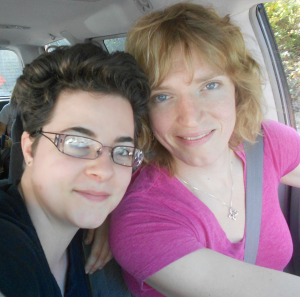
In 4 states across America, my marriage is up for the public vote. I don’t get to vote on heterosexuals getting married, any guy and girl who hook up can get married in Vegas. But my friends who have been together for 12 years? You get to vote in their marriage, because they are both women. This doesn’t make sense to me, any more than the widespread bans on interracial marriage from only 50 years ago makes any sense to me. Even when it was my religious belief that getting married to someone of the same sex was wrong, I no longer believed that I had the right to impose that belief onto people who felt differently than me. I go to my job, clean my house, do laundry, eat meals with my family and read books to my kids like anyone else. I fell in love and started a family, just like anyone else. And yet political groups can put my marriage up for a vote. These bans and amendments to prevent marriage equality do not protect anything but a specific personal individual belief in a country where we supposedly have the freedom to have our own. These laws making the lives of LGBTQ families more complicated and difficult, do not protect anyone. Instead, my friends have to face a future of continuing to worry about being able to see their spouse if they are sick and in the hospital, or whether or not they will be granted the right to their own children if tragedy takes their spouse away from them.
When you go to the polls this week, I want to use this idea I saw in a friend’s facebook status and ask you to take these statements that are made about LGBTQ people by these political and religious groups, and replace the word “Gay” with my name. Or if you want to put yourself in my shoes use your own name.
Melissa shouldn’t be allowed to marry.
Melissa getting married is a threat to families.
Melissa cannot be a good parent.
Melissa doesn’t love, it’s only lust.
Melissa is ‘fixable’ with electroshock therapy and psychological torture.
Melissa is what is wrong with this country.
If Melissa can marry, it’s a slippery slope until we let people marry animals.
Being Melissa is a choice.
How would you vote if you were me and more than just money was at stake?
How do you think I would vote if it were your human rights on the ballot?

